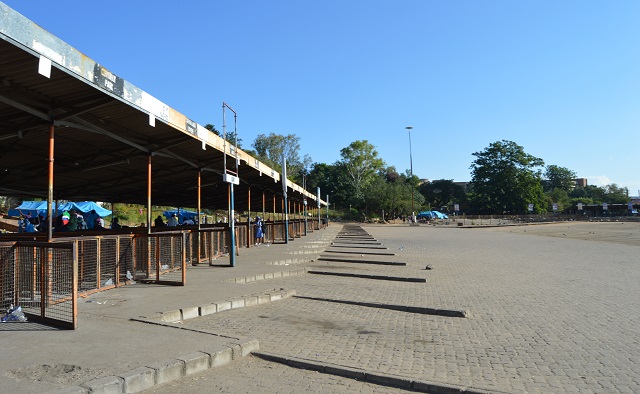EDITORIAL COMMENT: Africa charts path towards greater intra-regional trade

President Emmerson Mnangagwa is among African leaders who are meeting in Kigali, Rwanda for the historic African Union (AU) extraordinary session that will officially launch the African Continental Free Trade Area (AfCFTA) today.
Host president and AU chairperson Mr Paul Kagame will officially open the Assembly of Heads of State and Government this morning ahead of the signing ceremony of the AfCFTA treaty around midday.
Adopted in 2012, the AfCFTA is a flagship project under the AU’s long term vision, Agenda 2063, a commitment to the creation of an integrated and prosperous continent by 2063.
Once the treaty is ratified it will create a single continental market for goods and services, with free movement of businesspersons and investments, paving the way for the establishment of a continental customs union. It will also expand intra-African trade through better harmonisation and coordination of trade liberalisation and facilitation regimes and instruments across regional economic communities (RECs) such as Sadc, Ecowas and the East African Community. The tree trade area will, too, establish dispute settlement mechanisms to deal with trade disputes that are likely to arise in the envisaged free trade area.
The formation of the free trade area is a very important step as the continent continues in its journey for greater economic integration.
For now, relations between African countries, as within its RECs, tend to focus more on politics and less on economics. Instead of being closely linked economically among themselves, African countries are economically closer to their former colonial masters in Europe and North America. In other words they trade less across their borders while trading more with far-away Europe and North America.
Intra-Africa trade accounts for about 16 percent of the continent’s overall trade having expanded from 10 percent in 2000 to about 16 percent as measured in 2014. Intra-Latin America trade is 10 percent. Intra-Asia trade is 51 percent while in North America intra-regional trade stands at 54 percent and in Europe it is at 70 percent.
The statistics for Africa are not pleasing at all for a region whose member countries enjoy cordial political ties. However, today’s event marks a milestone on the road to growing trade relations within the continent.
Studies show that trade between African countries has the greatest potential for building sustainable economic development and integration. In fact, according to the African Development Bank’s African Economic Outlook Report for 2017, intra-regional trade is more advantageous than trade with markets outside the continent.
Africa will benefit greatly from expanding trade in goods are services internally. The United Nations Economic for Africa estimates that the AfCFTA has potential to increase trade by 53 percent through the elimination of import duties and non-tariff barriers and create a market of over 1, 2 billion people with a Gross Domestic Product (GDP) of $2, 5 trillion.
A vital benefit is that value will definitely remain on the continent when countries trade more with their neighbours. We create more job opportunities as well. If African countries trade more among themselves, they not only deepen their economic relations but also their political, social and cultural ties.
There is no reason for us to be only neighbours who share nothing more than geography, skin colour and political views that do not advance us economically.
It is noteworthy that one of the major reasons cited by AfDB why intra-regional trade is still low in Africa is because of the continent’s low manufacturing and processing capacity. To explain this further, since most countries lack processing capacity they cannot trade unprocessed materials among themselves.
For example, it is not prudent business for Zimbabwe to import crude oil from Nigeria or Angola because she lacks capacity to refine it. Similarly it is not good business for Nigeria to import uncut diamonds from Zimbabwe, because Nigeria does not have processing facilities or skills. Crude oil from Nigeria is of no use for Zimbabwe, the same way uncut diamonds from here are of no use for the West African economy given the lack of beneficiation capacity in the respective economies.
Instead, it makes more business sense for Nigeria to sell its crude to countries that have processing capacity, which are invariably western, the same way it makes sense for Zimbabwe to sell its uncut diamonds to Belgium or United Arab Emirates who have capacity to add value to the gems.
Therefore, the development of the AfCFTA has to go hand in hand with a deliberate campaign by governments to grow their economies’ processing knowhow and infrastructure.
In addition to the need for the development of beneficiation capacity, the free trade agenda will need the backing of improved physical infrastructure – roads, railways, and air links to connect member countries across the continent.
Achieving the free trade goal will take many years and much money, we must point out, but from today onwards we will have a guiding framework that should lead us to the desired destination.










Comments